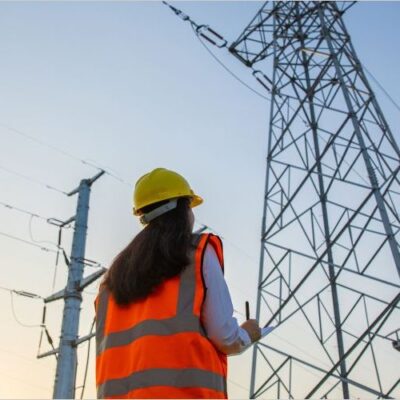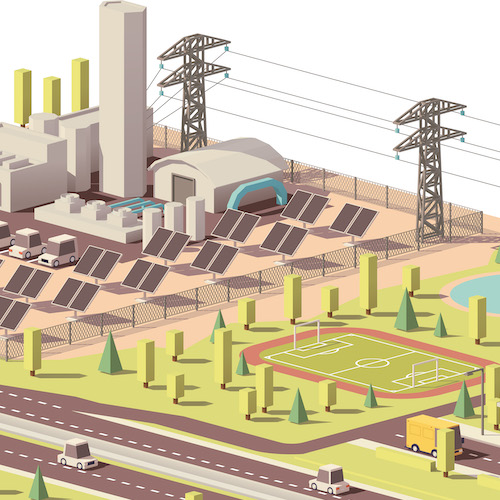
Greener
ELECTRIFIED CANADA
Electro-Federation Canada (EFC) via our Greener Electrified Canada (GEC) network is the leading voice of innovation experts and supply chain partners in Canada’s electrical and automation industry, working towards building a sustainable, electrified future. As a voice of the electrical industry, we are uniquely positioned to guide a transition that is crucial to ensuring Canada’s goal of net zero emission is met by 2050.
To ensure the reduction of greenhouse gas emissions through higher capacity net-zero electricity grid, an increase to building deep retrofits and fuel switching that facilitate energy efficiency and an expansion of zero emission vehicle (ZEV) infrastructure. We strive to foster greater awareness of climate change initiatives spearheaded by the electrical community.
A shift toward decarbonization lessens the impacts of climate change while also creating clear economic benefits to Canadians. Investment in cleaner, more efficient energy leads to the expansion of job opportunities sectors, a reduction in costs for homeowners and businesses alike, as well as attracts greater investment and innovation from clean energy companies.
- Schneider Electric: The path to Net-Zero buildings
- Energy Transition with Eaton
- Ottawa Day 2024
- Growing Green, Sustainability at Southwire
- YPN Ontario Region: Greener Electrified Canada Panel
- Join EFC’s New Greener Electrified Canada Committee – Explore how our electrical community can make a net-Zero difference.
Canada has one of the cleanest electrical grids in the world yet only 17% of Canada’s energy demand is fulfilled by electricity. It is expected that capacity will need to almost double by 2050 to meet the demands of Canada’s electrified future. Achieving a net-zero grid will require both physical electric infrastructure upgrades and the mass deployment of electrical devices.
Buildings currently represent 13% of greenhouse gas emissions in Canada. With over 16 million dwellings and 482,000 commercial and public buildings, 78% of these emissions are caused by space and water heating equipment. Implementing cleaner electricity for building heat as well as offsetting with energy efficient solutions for lighting and building automation can help lessen this impact. To reach 2050 net-zero goals, the Pembina Institute estimates that 5 times the current retrofit pace is needed.
The transportation sector represents 24% of green house gas emissions in Canada. Moving toward zero emission vehicles (ZEV) will significantly reduce carbon emissions. Canada lags the globe when it comes to electric vehicle adoption. To meet demands set by Canada’s ZEV targets electric vehicle charging and infrastructure will need a rapid scale-up. It is estimated that close to 800,000 public charging stations for LDV and 40,000 public stations for MHDV will be needed by 2050.



